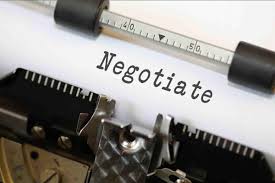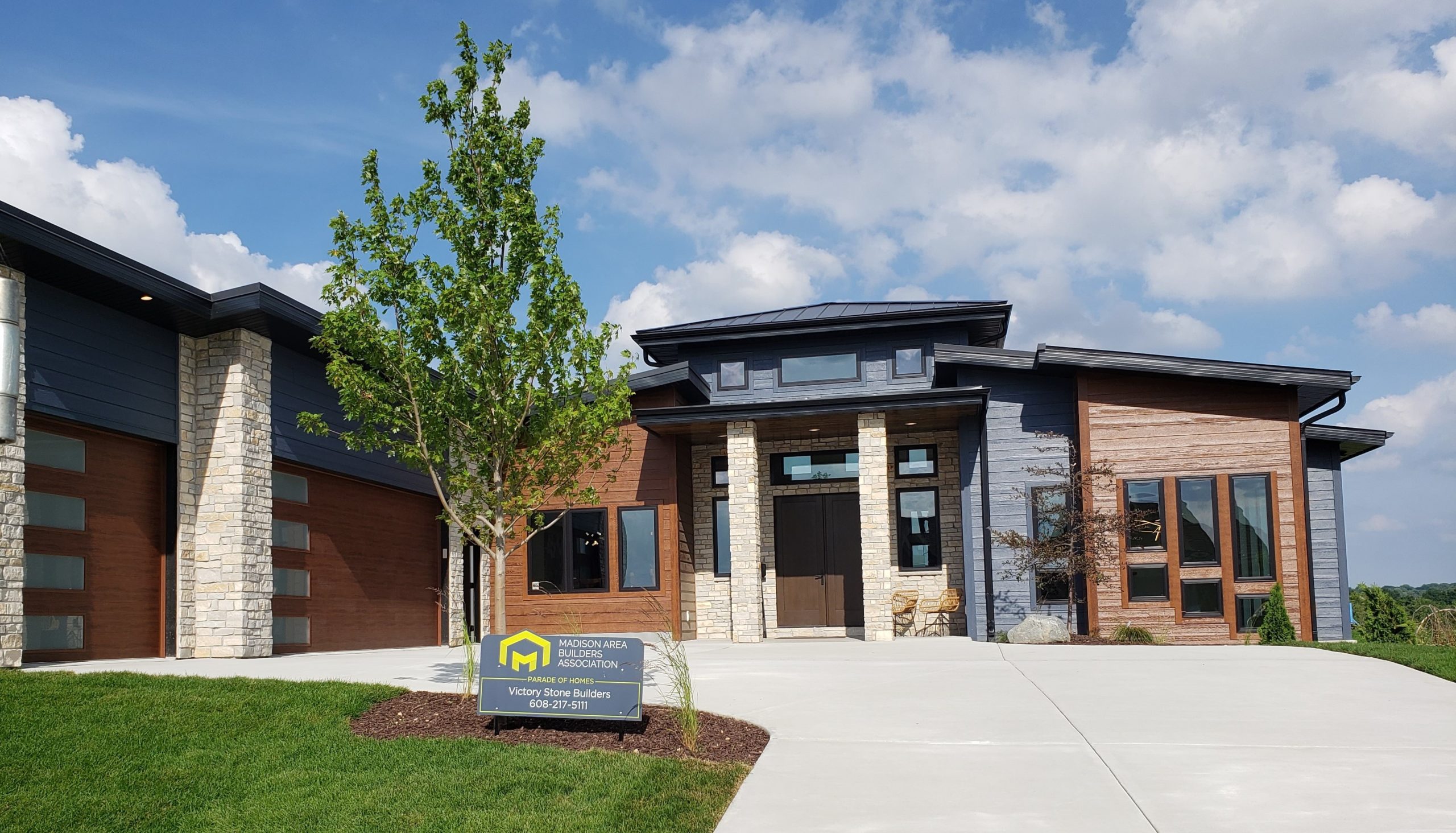[Note, I am not an attorney, nor am giving any legal advice here.]
We have been in a Sellers’ Market for a few years now. What makes it a Sellers’ Market? There are more buyers than inventory. One reason is because sellers are reluctant to put their property on the market during a pandemic. They don’t want people going through their house opening cabinets and touching stair railings, and door knobs. However, some people do need to move regardless. So, what can you do to increase your chances of getting your offer accepted?

Sign with a Realtor 
Your Realtor knows the area and can give you information on specific properties from their many resources. Their proprietary software programs shows how long the property has been on the market, the current market valuation from two different valuation programs, the history of the property, the lot boundaries, the real estate condition report, plus refer you to a mortgage lender who will explain any incentive programs you may qualify for.
If several of your offers have been rejected, there can be another process to try. Have your Realtor “farm” your desired area by searching for your “must-have” criteria and choosing the “most likely to list” option within their software program. By contacting these individual property owners before they list, you may present them with an offer they can’t refuse.

Maurice Williams, Unsplash
Your Offer
Your offer should include all the necessary language as required, of course. But, you can choose other options that may help your offer rise to the top.
- Realize you’ll need to offer above-asking
- Limit your contingencies
- Raise your Earnest Money
- Offer the seller a few more days to move after closing
- Don’t ask for favors – such as to throw in the BBQ grill
- Include your lender’s pre-approval letter
- Write a sincere well-written cover letter

Scott Graham, Unsplash
Inspections and Appraisals
Most Realtors recommend having an inspection done on every house, but especially on an older one. But, what you can do is write in your offer you will take care of any inspection items needing repair or replacement up to a certain amount, let’s say $2,000. You can give the seller the “right to cure” on faulty items found, or you can choose to not give the seller the “right to cure.” Each has its own merits.
Lenders typically require a down-payment and then mortgage the remainder up to the appraisal amount. However, if you offer more than the property appraises at, you may want to renegotiate the purchase price with the seller. What you can do is two-fold: have a maximum amount you will offer even if it means you may not be the winning party; or, write in your offer you will make up the difference between what the lender will mortgage and the appraisal– however, the appraised price should be at least the list price. If you offer way over the appraisal and in a few years market conditions change or you need to sell, you may find yourself “under-water.”
Acceleration/Escalation Clauses
Since all offers are confidential, you will not know what anyone else is offering. To offset this, you may want to add in an escalation clause which states, “in the event of a higher offer, you will offer $1,000 over that offer, up to a limit of $3,000.” This may soften the blow if you previously lost out on a house for a mere $1,000.
The Bottom Line
Sellers can choose whatever offer they wish. Their decision can be either financial– dependent upon price and contingencies, or it can be emotional–whether they identify with you. Based upon years of experience, my belief is things happen for a reason. Be knowledgeable, patient, and know your limitations. Your turn at the closing table will happen.

Evelyn Paris, Unsplash
|
